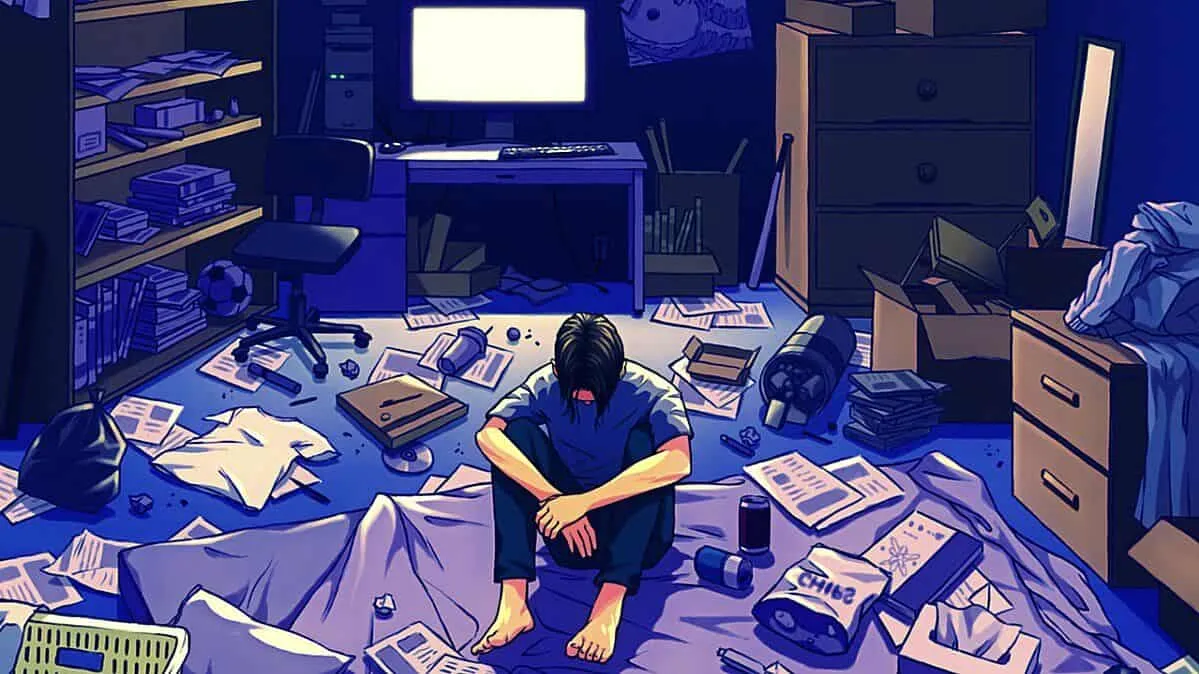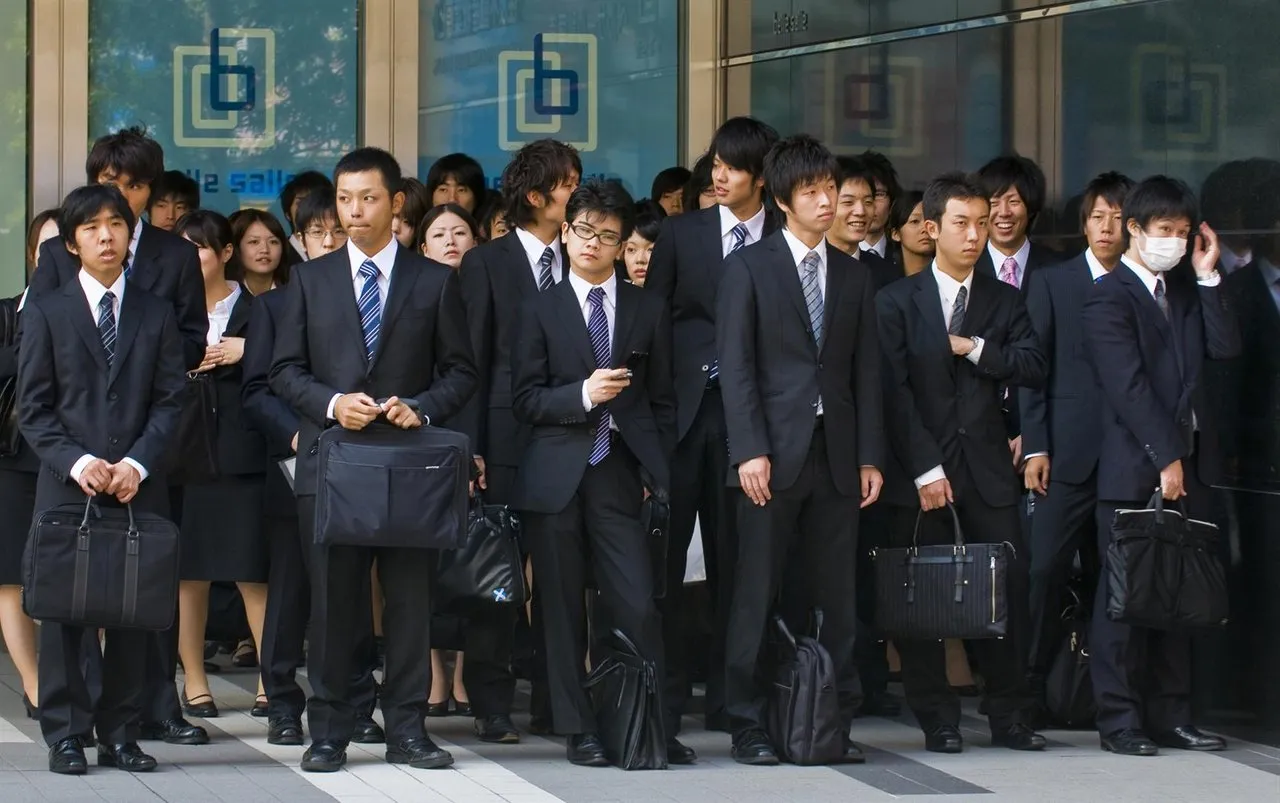Since about the 1990s in Japan, a phenomenon has been arising there that seems to be at a level that is unique to Japan. The phenomenon is there are a large amount of youth to middle age men that, due to stress or other factors end up shutting themselves inside their rooms or apartments for sometimes up to 10 years, only coming out when it is absolutely necessary and usually late at night. The term used to describe these people is Hikikomori, the word roughly meaning to withdraw inward in Japanese. The problem seems to be getting worse by the day and more and more people each year are finding themselves in this situation. I want to explore why.

First the Japanese government estimates that there are 700,000 to 1,000,000 Hikikomori currently living throughout Japan. The government has a relatively strict guideline when considering if someone is a Hikikomori, with the most important being that the person has been mostly confined to their home for 6 months or more. Hikikomori don’t hold jobs, don’t socialize, don’t leave their homes unless they need to get food, usually from a convenience store late at night and usually something fast and simple they can store for weeks, such as ramen. These people are mostly men, and are almost always being supported by their family financially.
So why does this situation occur? In Japanese society it is necessary to have two kinds of faces when dealing with the world. The first is where you can express your own thoughts and emotions, which is really only reserved for immediate family or occasionally very close friends. The second face is the one everyone sees and the one you wear the majority of the time, where everything is okay, you must do exactly as you are told and no matter what obey the social norms. Even if you are hurting in the inside, you have to pretend like everything is okay and there is no one there to console you. Sometimes this becomes too much and people crack and literally just withdraw to their rooms and never come out.

For parents who usually support their children financially, the stigma of throwing them out on the street and being seen as bad people is worse than aiding them in staying secluded from the world. For Hikikomori, the stigma of mental health care is worse than just hiding away so many never get the help they need. There is a huge mental health problem, not only in Japan, but in most of Asia as a whole where getting mental help is seen as only for crazy people or those with extreme conditions. Rather than partaking in therapy or taking medication for those that need it, the average person keeps everything inside until they snap. Despite government efforts to help make mental health care less stigmatized, there stigma still heavily remains.
The government in recent years has set up organizations and help line for Hikikomori or families related to them, to help aid in a transition back to the world. With a growing population and a labor shortage, the governments worst fear is that in 20 years when the parents of the Hikikomori pass away, you will have a large amount of people with nowhere to go and unable to be taken care of. Most Hikikomori don’t want to be trapped inside their apartments, but also don’t want to seek the help needed to move past the problem. It is unknown if the situation has been getting any better with the government aid or if it will continue to get worse as the pressures of society continue.
-Calaber24p